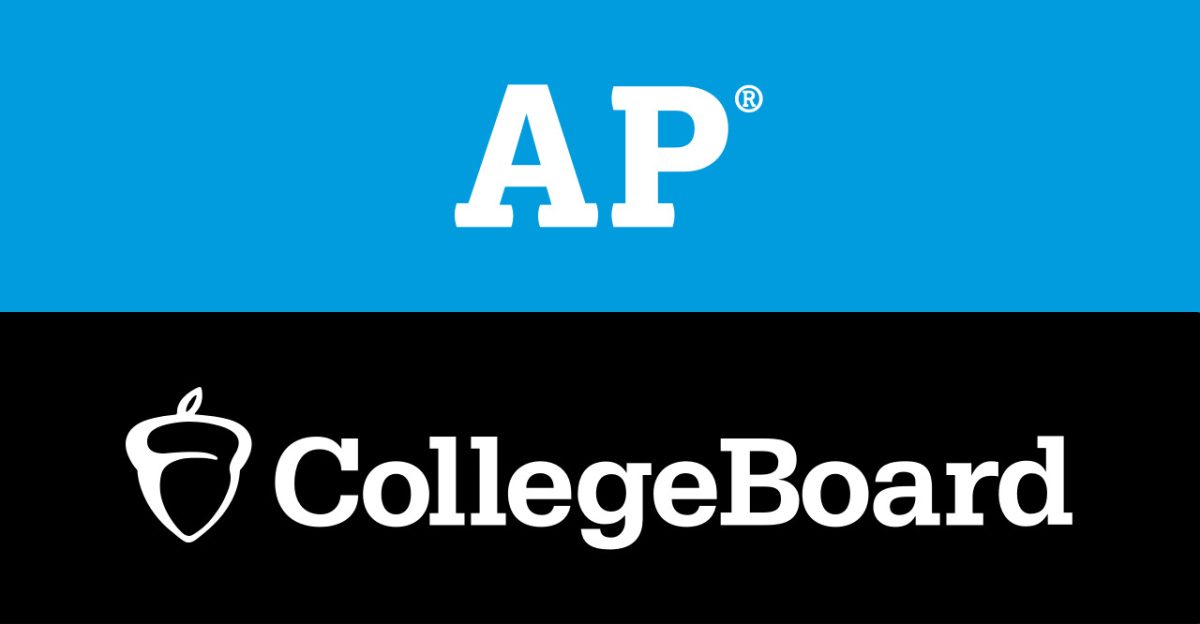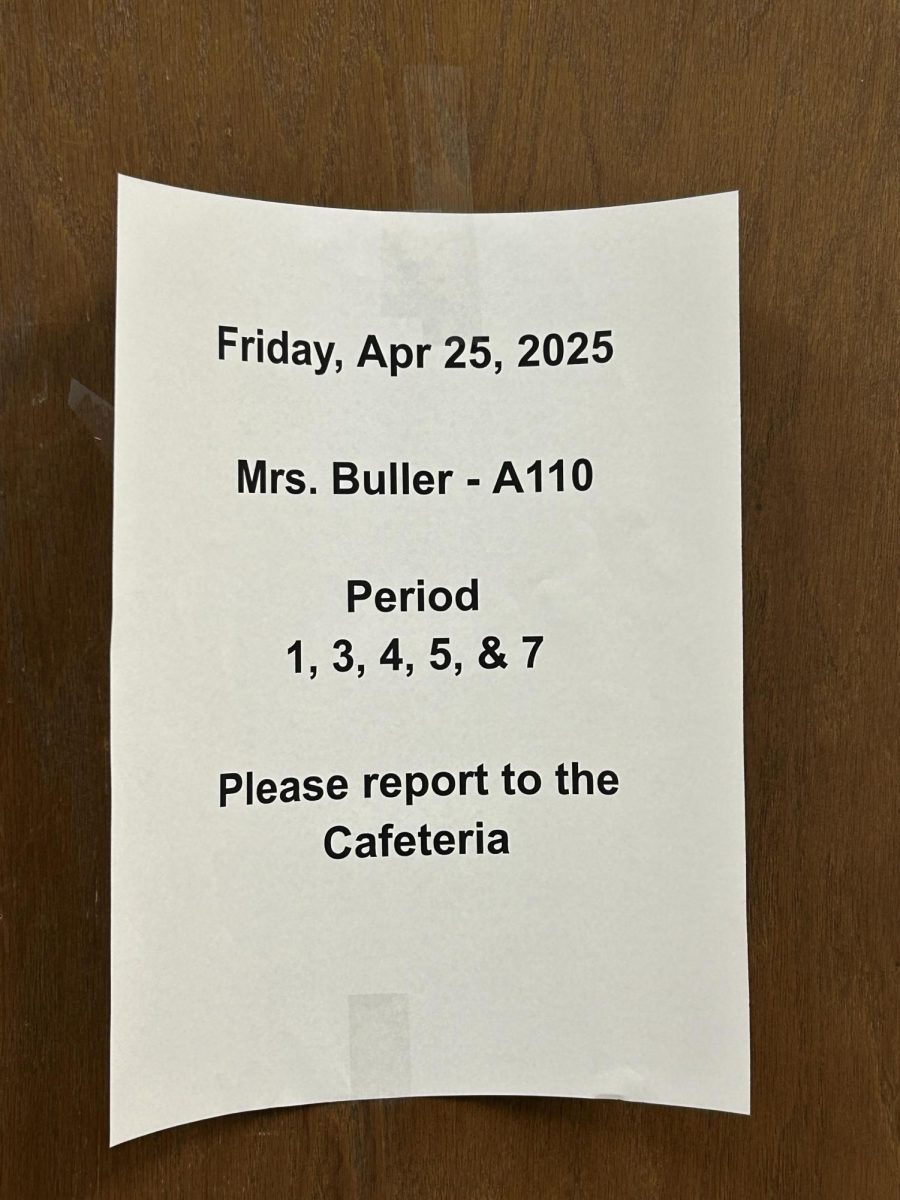Black Friday kicks off the holiday season, which has consumers thinking about the best way to get the best deals for gifts. Black Friday has always been the go-to option, but over the years other shopping holidays are taking the spotlight-Small Business Saturday, Cyber Monday, and Giving Tuesday. Consumers spent $9.8 billion in online sales during Black Friday this year with 76.2 million people shopped in-store and 90.6 million people shopped online, according to Meghan Brophy of Fit Small Business.
The Friday after Thanksgiving is the blockbuster event of the holiday season. Black Friday began in the 1950s when football was combined with shopping. People were attending the Army-Navy football game. Large crowds attempting to get to the game as well as shopping for deals at stores caused chaos for police. The origin of Black Friday was problematic, but it has become a tradition that brings massive discounts on store items to help retailers lure more shoppers. This led to its evolution into the Black Friday that we know today that draw in millions of shoppers to malls and stores around the nation. “Retailers including Best Buy, Macy’s, H&M and pure e-commerce retailers like Shein and Temu are already touting early Black Friday ‘deals’ of up to 30% off on some limited merchandise online and in stores,” noted a Reuters article.

Technology has advanced shopping even more. The first decade of 2000 brought new shopping opportunities like Cyber Monday, Small Business Saturday, and Giving Tuesday that are more relevant to today’s shopper. The staff at Black Friday.com said, “The preference for online shopping was amplified in 2020 and it became the dominant mode of shopping that season,”…“Historically, reported projected spending among U.S. consumers who shopped at independent retailers and restaurants on Small Business Saturday reached an estimated $17.9 billion according to the 2022 Small Business Saturday Consumer Insights Survey commissioned by American Express.”
Cyber Monday began in 2005, following the creation of Amazon in 1994, eBay in 1995, and Walmart’s online website in 2000. Due to the massive increase in online spending and deals, a new shopping day was made. “With the growth of online shopping, online-only players like Amazon were looking for a way to capitalize on Thanksgiving weekend sales,” says Kathrine Cullen, VP of industry and consumer insights at NFR. “The Monday after Thanksgiving became dedicated to online sales, differentiating it from Black Friday.”
“Cyber Monday yes, Black Friday no. I am usually very tired on Black Friday and the idea of fighting over a television is not high on my list, said Dr. Justin Boucher, “Cyber Monday I can do in my pj’s or at work.”
Small Business Saturday and Giving Tuesday are shopping holidays that have recently become more recognized by the participation from consumers. Giving Tuesday is another day for people to buy gifts, but also a day to donate, rather than to keep for themselves. Even though Giving Tuesday is not necessarily a day for good deals, it has become a holiday where more people have participated over the years.
American Express founded Small Business Saturday in 2010. It was officially recognized by the Small Business Administration in 2011. Small Business Saturday was created to support towns’ local businesses, rather than giant corporations. This shopping holiday on the Saturday after Thanksgiving provides an opportunity for small businesses to be supported by communities and to essentially help businesses grow with customer contributions.

In 2012, “A team of innovators at the Belfer Center for Innovation & Social Impact in New York City sought to create a movement that harnessed the power of social media and technology to promote charitable giving,” wrote Jesse Sumrak, writer for Classy Blog. This was the creation of Giving Tuesday. It is a day for gift givers to donate to organizations and campaigns. It has also a way for people to buy gifts to donate to other people and organizations in need. According to Classy’s 2022 Giving Tuesday Data, “Average donation amount of $159, Nearly 10,000 campaigns raised a collective $44.2 million, Average recurring donation amount of $65.”
“Yeah, I especially like the giving ones. And tie it to being able to give to a good cause, and use that as a gift for someone. Like being able to give to the Red Cross and giving someone a card that says I donated in your name to the Red Cross. You know, I think we could do more of that because I do think there are people in our lives who don’t need things. Then we could spend our money on things that won’t get returned or are just cluttered or go into landfills and stuff like that.” said Kelly Fransen, a teacher at Hall High School.
As time goes on, these holidays will change. “Black Friday has become more online, and they [Black Friday and Cyber Monday] seem to be the same thing at this point because they make their deals a week-long, both online and in the stores,” said Hall student Adam Busi.






